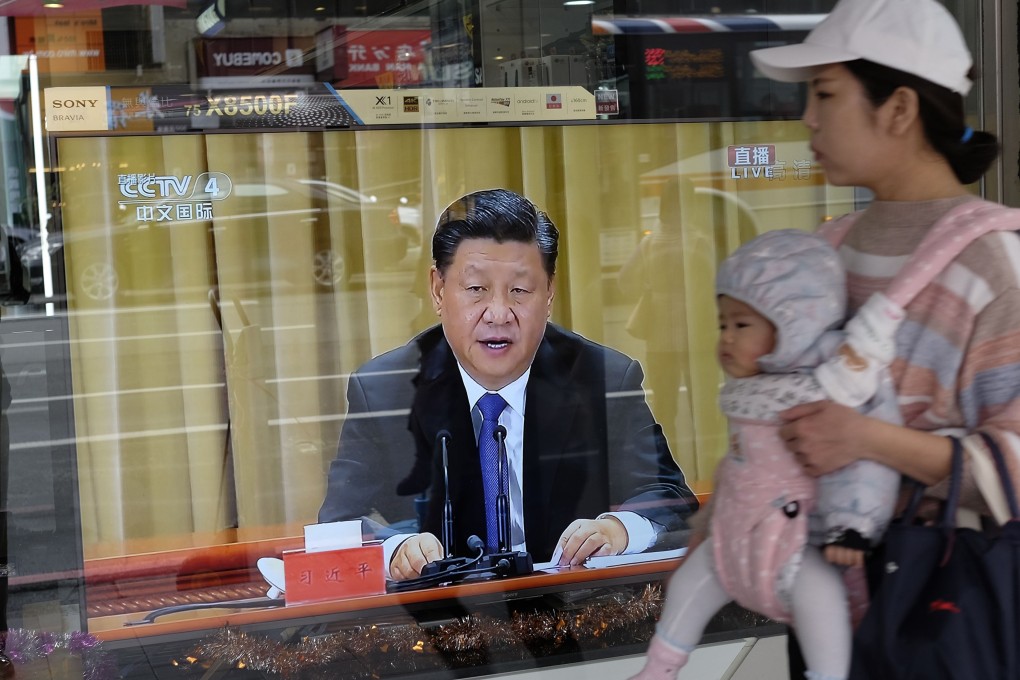Advertisement
Opinion | Wise words in short supply as Trump, Xi and Tsai get off on the wrong foot in 2019
- Alice Wu says Taiwan’s Tsai Ing-wen made a provocative New Year’s Day speech on cross-strait relations following Trump’s commitment to arms sales to the island
- China’s Xi Jinping responded with fighting talk, urging Taipei to accept ‘one country, two systems’, even though Hong Kong is still struggling with it
Reading Time:2 minutes
Why you can trust SCMP

As if it wasn’t sad enough that Christmas was banned in parts of China, the most powerful man in the free world had to ruin a seven-year-old’s Christmas. And “peace on earth, goodwill to men” is a message lost on Beijing, Taipei and Washington, to judge by other developments.
On New Year’s Eve, US President Donald Trump signed into law the Asia Reassurance Initiative Act, which includes a section reaffirming the US’ commitment to sell arms to Taiwan – which is exactly the button to push to get China to go ballistic.
Over in Taipei, although President Tsai Ing-wen was still smarting from the disastrous election in November, she felt compelled to add fuel to the fire started by Trump. In a bit of grandstanding on New Year’s Day, she gave Beijing a lesson about handling cross-strait relations and respecting an electorate’s choices. The Democratic Progressive Party’s defeat should not be taken to mean the Taiwanese were “choosing to give up our sovereignty”, she said.
Advertisement
In a matter of hours, two red lines were crossed. Arms sales to Taiwan and the island’s sovereignty. These were two deliberate acts of provocation to ring in the new year.
The significance of raising hell on the 40th anniversary of China’s landmark statement, in which it declared an end to artillery bombardment of Taiwan, should not be missed. These were not gestures of goodwill. Unsurprising, President Xi Jinping responded by urging Taiwan to accept a Hong Kong-style “one country, two systems” framework and reminding Taipei that Beijing would not abandon the use of force.
Advertisement
Advertisement
Select Voice
Select Speed
1.00x
